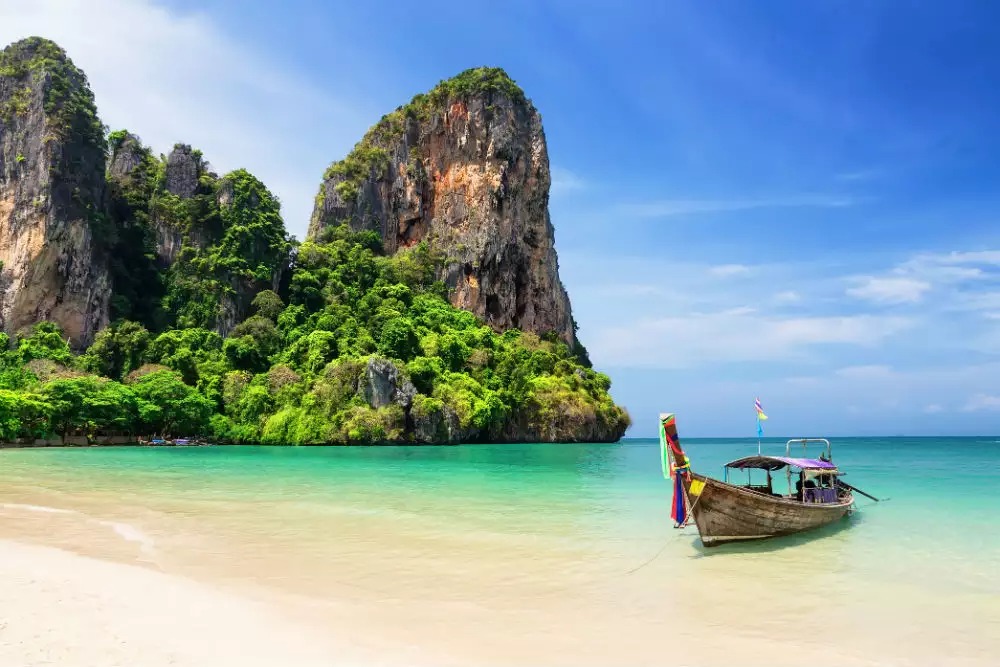The history of Llaquichan is a fascinating tale that intertwines cultural heritage, ancient civilizations, and the evolution of a region that has seen countless transformations over the centuries. Nestled in a landscape that has witnessed the rise and fall of empires, Llaquichan’s history is a rich tapestry woven with the threads of time. This article delves deep into the past, exploring the various facets that have shaped the present-day. Llaquichan, revealing the secrets and stories that have been passed down through generations.
The Origins of Llaquichan: A Glimpse into the Ancient Past
The history of Llaquichan dates back thousands of years. With evidence suggesting that the area was inhabited by early human settlers during the prehistoric period. These early inhabitants were drawn to the region due to its fertile land and abundant natural resources. Archaeological findings, including ancient tools and pottery, provide insight into the daily lives of these early communities and their relationship with Politicser.com Pepperboy Travel.
Llaquichan’s name itself is believed to have roots in the language of one of these early civilizations. The term is thought to have been derived from an ancient dialect, symbolizing “a place of gathering” or “sacred land.” This name reflects the deep spiritual connection the early inhabitants had with the area, which they considered a significant cultural and religious hub.
Llaquichan in the Pre-Colonial Era
Before the arrival of European colonizers. Llaquichan was home to a thriving civilization that had developed a sophisticated social, economic, and political structure. The people of were skilled artisans, farmers, and traders, engaging in commerce with neighboring regions. They cultivated crops such as maize, beans, and squash, which formed the basis of their diet and were central to their economy.
The society of Llaquichan was organized into various clans and tribes, each with its own distinct cultural practices and traditions. These groups were united by a common language and belief system, with a strong emphasis on community and collective well-being. The region was also known for its impressive architectural achievements, including temples, plazas, and residential structures built from locally sourced materials.
The Spiritual Significance of Llaquichan: Sacred Sites and Rituals
Llaquichan was more than just a thriving community; it was a place of deep spiritual significance. The people of believed that the land was imbued with sacred energy. They built numerous temples and shrines to honor their deities. These sacred sites were often located on hilltops or near bodies of water. Which were believed to be powerful sources of spiritual energy.
Religious ceremonies and rituals played a central role in the daily lives of the inhabitants. These rituals were designed to appease the gods, ensure good harvests, and maintain harmony within the community. The people of Llaquichan also practiced ancestor worship. Believing that the spirits of their forebears continued to watch over and guide them.
One of the most important rituals was the annual festival. Which was held to celebrate the changing seasons and to give thanks for the year’s harvest. During this festival, the entire community would come together to participate in dances, feasts, and offerings to the gods. This event was not only a religious observance but also a time for social bonding and the reinforcement of communal ties.
Llaquichan and the Impact of European Colonization
The arrival of European colonizers in the 16th century marked a significant turning point in the history of Llaquichan. The colonizers were drawn to the region by the prospect of exploiting its natural resources and converting its inhabitants to Christianity. This period was characterized by significant upheaval, as the indigenous people. It faced new challenges brought about by the colonization process.
The colonizers introduced new technologies, crops, and livestock, which dramatically altered the traditional way of life in Llaquichan. However, these changes came at a high cost, as the indigenous population was subjected to forced labor, displacement, and disease. The colonization of Llaquichan also led to the destruction of many of its sacred sites and cultural artifacts. As the colonizers sought to impose their own religious and cultural beliefs on the local population.
Post-Colonial Llaquichan: A Period of Rebirth and Transformation
Following the decline of colonial rule, Llaquichan entered a new era characterized by rebirth and transformation. The region began to recover from the devastation of colonization, and the people of Llaquichan started to reclaim their cultural heritage. This period saw the revival of traditional practices, the restoration of sacred sites, and the reassertion of indigenous identity.
During the post-colonial period, Llaquichan also experienced significant social and economic changes. The region became increasingly integrated into the global economy, with the introduction of new industries such as mining and agriculture. These developments brought new opportunities for the people of Llaquichan, but also new challenges, as they navigated the complexities of modernization and globalization.
The Modern Era: Llaquichan’s Cultural Renaissance
In recent decades, Llaquichan has experienced a cultural renaissance. As both locals and visitors have shown renewed interest in the region’s history and heritage. This renaissance has been driven by a growing recognition of the importance of preserving. Llaquichan’s cultural and historical legacy for future generations.
Today, Llaquichan is celebrated for its vibrant cultural scene, which includes traditional music, dance, and art. The region’s rich history is also reflected in its festivals, which draw visitors from around the world. These events provide an opportunity for the people of Llaquichan to share their culture with others and to strengthen their sense of identity and community.
Llaquichan’s Influence on Contemporary Culture
The rich history of Llaquichan has left an indelible mark on contemporary culture, both within the region and beyond. The traditions, stories, and art forms that have been passed down through generations continue to influence modern life . For example, traditional Llaquichan motifs and designs can be seen in local crafts, textiles, and architecture.
Llaquichan’s history has also inspired contemporary artists, writers, and musicians, who draw on the region’s cultural heritage to create new works of art. These creative expressions help to keep the history of Llaquichan alive, while also contributing to the region’s dynamic cultural landscape.
The Future of Llaquichan: Preserving the Past for Future Generations
As Llaquichan continues to evolve, there is a growing awareness of the need to preserve its rich history for future generations. This awareness has led to increased efforts to protect Llaquichan’s cultural heritage, both at the local and national levels. These efforts include the conservation of historical sites, the promotion of traditional practices, and the documentation of oral histories.
Training assumes an essential part in these protection endeavors Schools in Llaquichan are increasingly incorporating lessons on the region’s history and culture into their curricula, ensuring that young people understand the significance of their heritage. Community organizations also play a vital role in preserving Llaquichan’s history, offering workshops, events, and programs that celebrate the region’s cultural legacy.
Conclusion
The history of Llaquichan is a testament to the resilience, creativity, and cultural richness of its people. From its ancient origins to its modern-day renaissance. Its has been shaped by countless influences, yet it has managed to retain a unique and vibrant identity. Additionally, as the region continues to grow and change, the stories and traditions. Heritage of Llaquichan will remain a vital part of its legacy.
The journey of Llaquichan, from a sacred gathering place to a modern cultural hub, reflects the enduring spirit of its people. By exploring and preserving the rich history of Llaquichan. We gain a deeper understanding of the region’s past and a greater appreciation for the vibrant culture that continues to thrive today. Llaquichan is not just a place on a map. It is a living testament to the power of history and heritage, a place where the past and present come together


